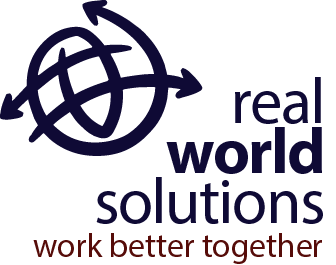Health Care Market
Cultural Challenges
Over the past decade, the issue of socio-cultural health care disparities has become one of the most pressing challenges facing the U.S. health care system. According to latest U.S. Census estimates, about one in every three people in the U.S. belongs to an ethnic minority group and the minority population percentage is now over 50% in one out of every ten U.S. counties. The U.S. Census bureau predicts that before 2050, non-Hispanic white Americans will constitute less than half of the U.S. population.
Clearly, with these dramatic shifts in U.S. demographics, it is essential for health care practitioners to develop knowledge and skills necessary to provide culturally competent care to diverse patient populations. More and more states, accreditation bodies and educational institutions are recognizing the need for ongoing cross-cultural communication training for healthcare workers.
Culturally competent health care enhances the physician-patient relationship, allows respect for the patient's health beliefs, improves patient health outcomes, and reduces health disparities. Furthermore, increased attention to cross-cultural competence can reduce practice liability and expenses while improving patient satisfaction (which many insurance companies now track.)
Real World Solutions
Our programs offer professional guidance for providers, staff, and administrators to increase the levels of multicultural awareness and sensitivity among the ranks of health care professionals. Our intercultural communication training helps providers answer the pressing question: How can I treat so many patients who come from a culture different from my own and of which I have little knowledge?
The Real World Solutions' tool kit - practical tools tailored to each of our clients - strengthens health care providers as they treat culturally diverse patients.
The RWS tool kit:
- Gives staff at all levels a framework for understanding their own cultures as a critical baseline from which to learn about and appreciate other cultures.
- Assists staff at all levels in developing an understanding of "culture" that includes cultural values, diverse cognitive styles, and perceptions of health and illness.
- Promotes an understanding of the difference between cultural generalizations and stereotypes in order to provide care that is both appropriate and efficient.
- Provides practice operating in real world scenarios involving health-related cross-cultural communication issues.
- Supports initiatives to recruit, hire, evaluate and retain a more diverse workforce in health care organizations.

